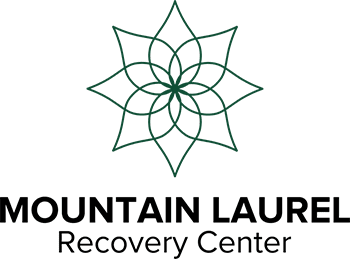 Buprenorphine is an opioid partial agonist, derived from thebaine, an alkaloid of the poppy Papaver somniferum.
Buprenorphine is an opioid partial agonist, derived from thebaine, an alkaloid of the poppy Papaver somniferum.
Because it is an opioid, it produces the same effects of other opioids such as heroin and opioid-based medications. But because it is an agonist, buprenorphine has a “ceiling effect,” which means that after a while, even with increasing dosage, the effects of the drug reach a plateau. Although buprenorphine has the same effects as other opioid-based drugs, such as euphoria and respiratory depression, the effects are weaker; therefore, there is less likelihood of abuse.
When buprenorphine is administered to someone who is addicted to opioids, it actually blocks the effects of the opioid because buprenorphine will compete to bind to the opioid receptors. It then “knocks off” other opioids and enters that receptor, preventing other opioids from attaching to it. Buprenorphine is the main ingredient in Suboxone, the drug often used to counteract heroin or other opioid overdose. Suboxone is also used to ease the withdrawal symptoms of opioid addiction.
As with all opioid-based drugs, buprenorphine should be used with medical guidance. When taken in appropriate doses, it can:
- Decrease cravings for stronger opioids, thus reducing illicit opioid abuse
- Block the effects of full opioids if they are taken
- Subdue the symptoms of opioid withdrawal
Buprenorphine has been under constant improvement for the past fourteen years. In 2002, the Food and Drug Administration approved Subutex (buprenorphine hydrochloride) and Suboxone (buprenorphine hydrochloride and naloxone hydrochloride) tablets for the treatment of opioid dependence. In 2009, a generic version was approved, and in 2011, Subutex was discontinued. In 2012, Suboxone tablets were discontinued and replaced with Suboxone film. In Feb. 2013, Suboxone generics were approved by the FDA. By November 2014, sublingual tablets and buccal film hit the market.

 Buprenorphine is an opioid partial agonist, derived from thebaine, an alkaloid of the poppy Papaver somniferum.
Buprenorphine is an opioid partial agonist, derived from thebaine, an alkaloid of the poppy Papaver somniferum.